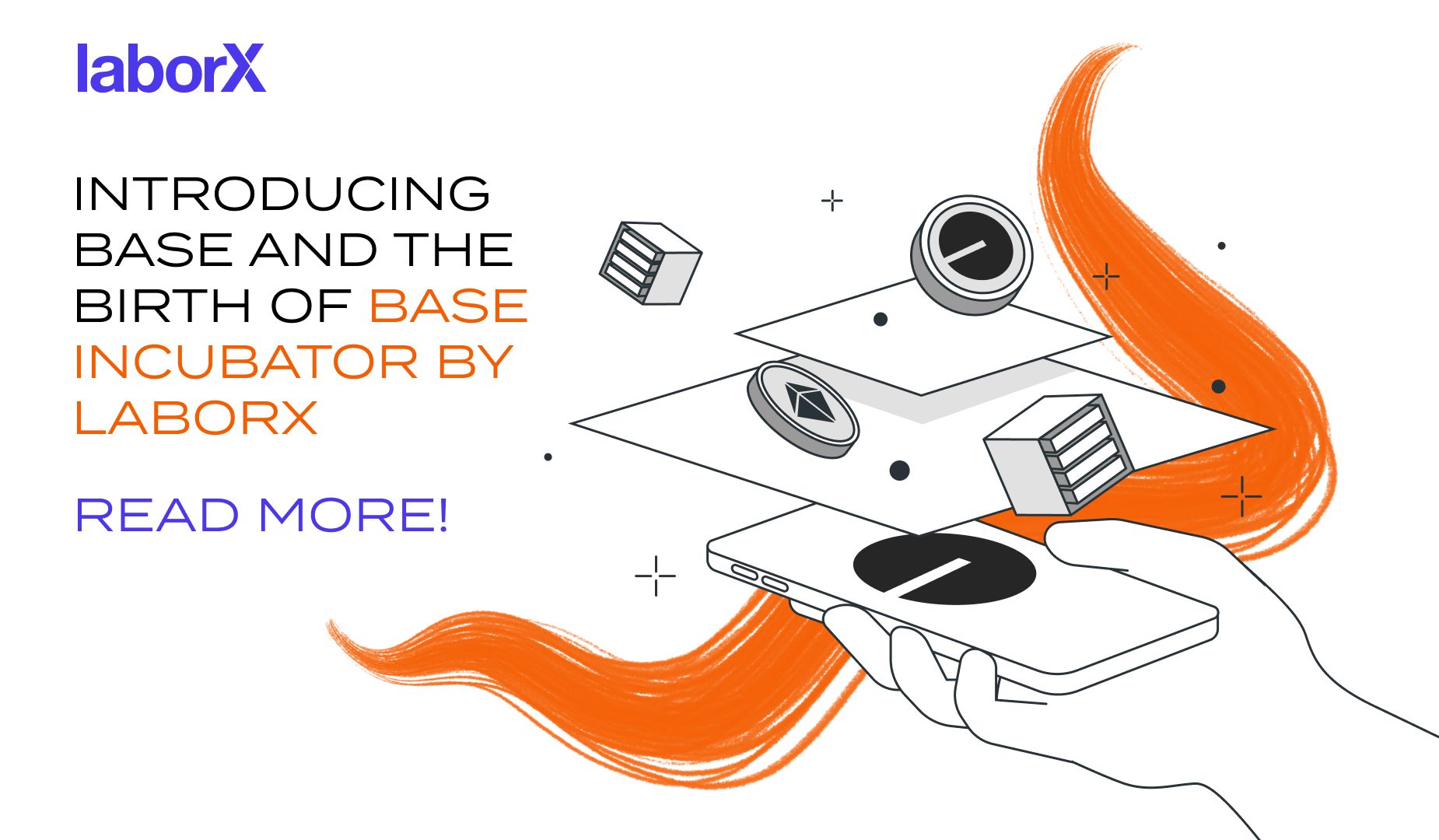The fast-growing blockchain and cryptocurrency industry offers a wide range of career opportunities, with developer jobs being particularly sought-after. While anyone can get started at the bottom of the ladder, the top jobs offer six-figure salaries and attractive benefits packages.
Over the last few years, blockchain technology has advanced to the point where few major internet companies can afford to ignore it. Most have a blockchain strategy and are actively exploring their options, if not already building them. Countless startups are also conducting research, building new tech, and launching their own platforms.
In this environment of innovation, blockchain developers are in high demand: there simply aren’t enough good developers to fill all the available jobs. Any developer who makes the switch to the blockchain sector is therefore in a good position to access new career opportunities, and very likely increased pay thanks to the investment pouring into the sector.
Which crypto has the most developers?
Starting out, you may be overwhelmed by the sheer number of cryptocurrency and blockchain platforms, and wonder which one to research and learn about.
Firstly, it’s important to gain a good grounding in the overall principles of blockchain, which will be useful wherever you end up. This is an important foundation for whatever else you do. Secondly, it’s helpful to know that in many cases, you will not necessarily need in-depth knowledge of a crypto platform. This is particularly true of certain roles such as UX/UI designers, and if you already have these skills they may be readily transferable to the blockchain space.
If you are looking to build applications on the blockchain, it’s important to maximise your current and future job opportunities – as well as give yourself options if you decide to branch out. Ethereum is a clear winner in this regard. It has, hands down, the largest developer community and the largest decentralised finance (DeFi) ecosystem. Launched in 2015, Ethereum is the first and largest smart contracts platform, and no other blockchain has the same support and interest. You’ll be able to find all the help and resources you need to get started on the internet, and in social media groups online.
Should you decide to seek an opportunity building software on another blockchain platform, experience with Ethereum will not be wasted. Many blockchains use similar languages and principles, and if you can build on Ethereum then developing apps on another blockchain should be well within your grasp.
You can start learning about Ethereum and Solidity, the network’s smart contracts programming language, in a number of ways. There are plenty of informal tutorials on the web, or you can opt for a specific course.
Is cryptocurrency a good career?
Blockchain is a growing sector, meaning that demand is only likely to increase over the coming years. It can be fast-paced and exacting, especially if you are helping build financial applications that hold millions of dollars of customer money.
Moreover, the skills you need in blockchain will be applicable to many other software development jobs, so they should give you more freedom in your career choices should you decide to move on.
Ten jobs for crypto developers
There’s a wide range of jobs out there in the crypto sector, and they tend to pay significantly more than similar jobs in other sectors. Some you might see advertised include:
Blockchain developers are the ones who build the blockchain platforms on which decentralised applications (dapps) are hosted. In other words, they create the infrastructure everyone else needs. They typically need to be well-versed in several relevant programming languages and other areas including cryptography and networking. Salaries can be anything up to $175,000 per year, plus bonuses.
Blockchain engineers don’t build the blockchains themselves, but they need to understand them well enough to create solutions based on them. You’ll need a strong background in software development and an understanding of the different platforms on the market. Salaries can be well into six figures.
Smart contract developer. You’ll be responsible for building decentralised applications – code that runs on the blockchain. This is a highly specialised role, and one that carries significant responsibility since your code will manage and protect customers’ money. You can expect a six-figure salary, with the top devs earning $250,000 per year plus bonuses.
Smart contract auditors run tests and look for potential security holes, effectively trying to hack an application to pinpoint any problems before a malicious attacker exploits them. A good audit can mean the difference between an application succeeding, and failing with the loss of tens or hundreds of millions of dollars. If you’re really good, you can pretty much quote whatever pay you want.
Frontend developers create the interfaces by which customers access the blockchain functionality that lies behind the scenes. While you won’t necessarily need the same knowledge of blockchain as a smart contracts programmer, at least some appreciation of overall principles will be needed as you seek to make the applications as user friendly as possible. Salary? Up to $100,000.
UX/UI designer. You’ll also be working on the frontend for crypto dapps, but in this case you’ll be focused on the user experience – exactly how do customers carry out activities using the app, and how can you make that as straightforward as possible for them? It’s reasonable to expect pay of $80,000-100,000.
Data scientists take the information available on the public blockchain ledger and use it to gain business insights about how customers use these platforms. They’ll need a strong knowledge of blockchain and enough familiarity with different programming languages to create their own tools, providing user-friendly insights for others to understand. Pay can be up to $175,000.
Project managers generally have a strong background in software development but are also able to understand the business proposition their team is seeking to implement. They are the bridge between the technical world of the blockchain and the developer team, on the one hand, and the business’s leadership, on the other. It’s not an easy task, and the compensation can stretch well into six figures.
QA (Quality Assurance) testing engineers are responsible for running all kinds of automated and manual testing processes to ensure software works as intended. $100,000+ is a typical salary.
Security engineers. All IT companies need to be careful about security, and that’s even more important in the case of crypto and blockchain. In this role you’ll be working to ensure your company and its customers aren’t compromised. Since the stakes are high, so is the pay, and you can expect to pull in up to $200,000 or even more.
Make your next career move
The blockchain sector offers a vast number of exciting and well-paying opportunities for those willing to work hard, learn new skills, and help build the financial infrastructure and applications of the future. You can start your journey into blockchain no matter what your background, learning about the technology and principles of coding online – just as most of those who currently hold the top jobs have done in the past.



